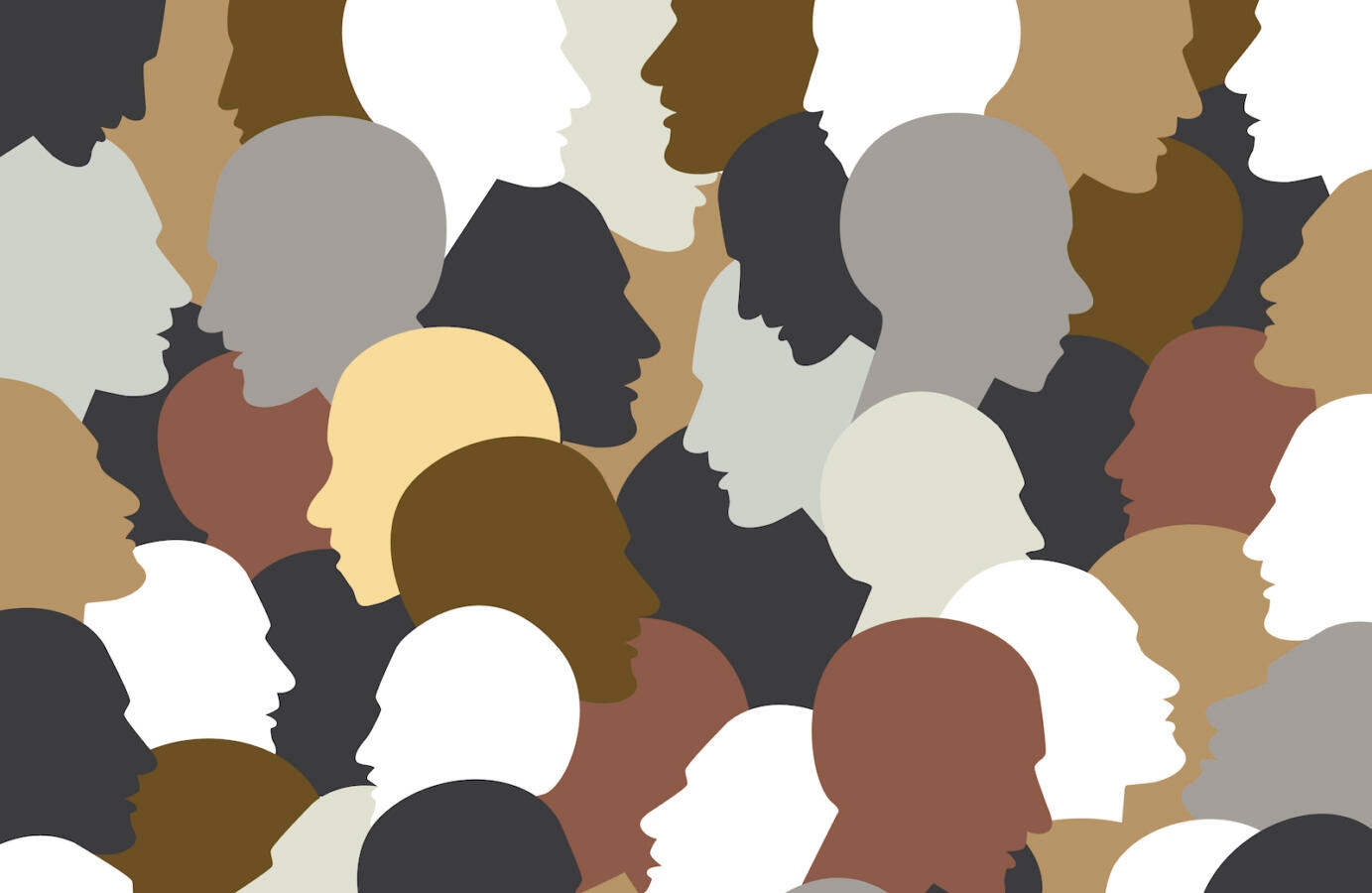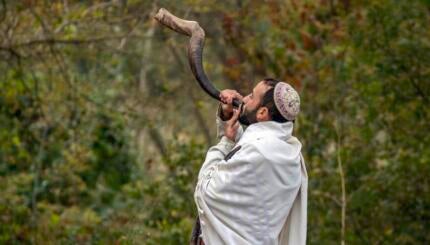Three weeks ago, I found myself on a quest for Hanukkah candles at Target. It was mere hours before the first candle was to be lit and — in typical rabbinic fashion — I had prepared everything for my synagogue to mark the holiday but had entirely forgotten to make sure my own home was prepared.
So I walked through the store decked out in red and green as Christmas music piped overhead looking for a blue and white end cap. Eventually I asked someone, who looked a little confused but pointed me downstairs. For some reason, at this particular Target, the tiny selection of Hanukkah goods were right next to the Christmas sweaters in the clothing section. Go figure.
I grabbed a box of candles, made my way through the checkout flanked by Reeses-filled candy canes, and left with relief. Did I mention I live in Brooklyn? Finding candles should not be that hard.
This time of year can be exhausting for Jews. While we celebrate Hanukkah, the frenzied commercialism of Christmas is inescapable. Is it any wonder that every year Jews gripe about the relentless deluge of (Christian) holiday cheer? Sometimes with all that’s going on it feels nearly impossible to ground in our own traditions.
With your help, My Jewish Learning can provide endless opportunities for learning, connection and discovery.
And yet. In this week’s Torah portion, we are reminded that we have always been a people tied to other peoples.
This week we experience the last days of our patriarch Jacob, now happily reunited with his beloved son Joseph in Egypt. On his deathbed, Jacob addresses each of his 12 sons with blessings, although in some cases a backhanded compliment might be a more accurate descriptor. Despite being the grandfather of many, Jacob takes a particular interest in his son Joseph’s two sons, Menashe and Ephraim, even going so far as to claim them as his own children.
The Angel who has redeemed me from all harm—
Bless the boys [Menashe and Ephraim].
Through them may my name be called,
And the name of my fathers Abraham and Isaac,
And may they be teeming multitudes upon the earth. (Genesis 48:16)
A few verses later he adds: “By you shall Israel invoke blessings, saying: God make you like Ephraim and Menasheh.” (Genesis 48:20)
While Jacob offers praise to many of his sons, he only suggests that these two grandchildren are worthy of emulation. That blessing has been carried forward though the generations, and even today parents continue to bless their children on Shabbat with that same invocation.
But there’s something interesting about these two boys. Unlike the rest of Jacob’s children and grandchildren, born and raised in the ways of Abraham and Isaac, Menasheh and Ephraim are the children of Joseph — the grand vizier of Egypt, second in importance only to pharaoh — and his wife Asnat, the daughter of the Egyptian priest Potiphora. They were raised in Egypt by a Hebrew father and an Egyptian mother. Menasheh and Ephraim may have been bilingual and were certainly bicultural, and Jacob chose them above all his other descendants as role models for future Jewish generations. In saying that he hoped we be like them, Jacob spoke to the place of the majority of American Jews who are part of interfaith families today.
Next Shabbat, on December 25th, I will be opening presents and having Christmas lunch with my Catholic grandmother, Quaker mother, and Jewish dad and sisters. There might even be a Christmas tree present. I’m a Jew and was raised as such. I trace my ancestry to shtetls in Poland and bustling towns in Prussia. But I also trace my ancestry to the exiled Portuguese Jews-turned-Catholic of the Azores and to the first waves of Pilgrims in New England. While I have always been clear about my religious identity, I have also been equipped to translate between Jewish and non-Jewish traditions. Like my ancestors Menasheh and Ephraim, I understand what it means to walk in multiple worlds and to love and be loved by people who don’t share all my beliefs.
Which brings me back to the red and green overwhelm at Target. We Jews are the inheritors of incredible history, text, and theology. We are also a people that has always lived amongst other peoples with whom we have shared these things and more. In that way, many of us are also the inheritors of multiple ways of understanding what matters and how to access it.
Perhaps that was the blessing Jacob was trying to pass on. May we be like Ephraim and Menasheh, Jews growing up with Egyptian heritage surrounded by Egyptian ways. May we cherish our Jewish celebrations even as we remain a tiny minority — even in Brooklyn. May we understand things from different perspectives even as we retain full knowledge of who we are. And may we always be able to track down that blue and white end cap.
This article initially appeared in My Jewish Learning’s Shabbat newsletter Recharge on Dec. 18, 2021. To sign up to receive Recharge each week in your inbox, click here.



